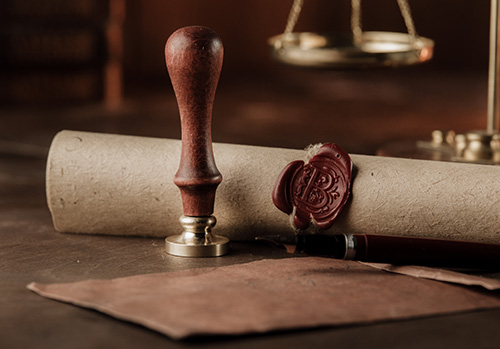
Photo by Burdun on Adobe Stock
Should I Have a Last Will and Testament?
Do you know more than 50% of the USA population do not have a will because they think they have few assets to leave behind?
I know it’s hard to talk about death, but it’s the only sure thing we have in life. It is essential to understand that someday we will leave this world and leave behind our possessions, the people we love, and everything we acquire throughout our lives. For this reason, we must understand the importance of a last will and testament. Determining what happens to our possessions after we leave is our responsibility.
Throughout your life, if you obtained vehicles, a home, bank accounts, valuables, and investments, you are a good candidate to write a last will and testament.
The last will and testament is a legal document that tells the probate court how the executor will manage and distribute the deceased possessions after death.
How does it work?
The probate court will use the last will and testament document to settle an estate plan. An estate plan is a series of tasks and processes where an executor carries out the deceased’s last will. If a person dies or becomes disabled, an estate plan determines the distribution, management, and preservation of assets.
Other tasks of an estate plan include: determining who will be the executor, how to pay state taxes, and who will be the beneficiaries if any assets are left. If there are minors, it is essential to indicate who will be the children’s legal guardians.
It is important to note that each country and each state have specific legal requirements for correctly drafting a last will and testament. Therefore, it is vital to consult how the laws of the state where you reside work to write a legitimate document.
Who should be my executor?
The executor will carry out the legal processes and tasks agreed upon by the deceased in the last will and testament. If the executor dies before, the will & testament author must appoint another person as a second option. It is vital to select trustworthy people with the mental capacity to carry out this task. Usually, married people designed their husbands or wives as executors. Others choose brothers, sisters, parents, or anyone fully trusted, depending on their family composition or life circumstances.
What happens if I do not leave a Last Will & Testament?
If a person dies suddenly and does not have a last will & testament, it means the person died intestate. So, the property and belongings of the deceased will be subject to the state law of where the death occurred. A state administrator will be assigned and pay the debts and determine the distribution of properties and assets.
Got Medicare Questions?
We hope that this information on the basics of last will and testament is useful to you. If you want to learn about how Medicare has helped with the opioid crisis, click here.
Let us help you answer your questions provide your complimentary benefits review and get you back to doing the things you love.
Call (888) 446-9157, click here to get an INSTANT QUOTE, or leave a comment below!
See our other websites:

